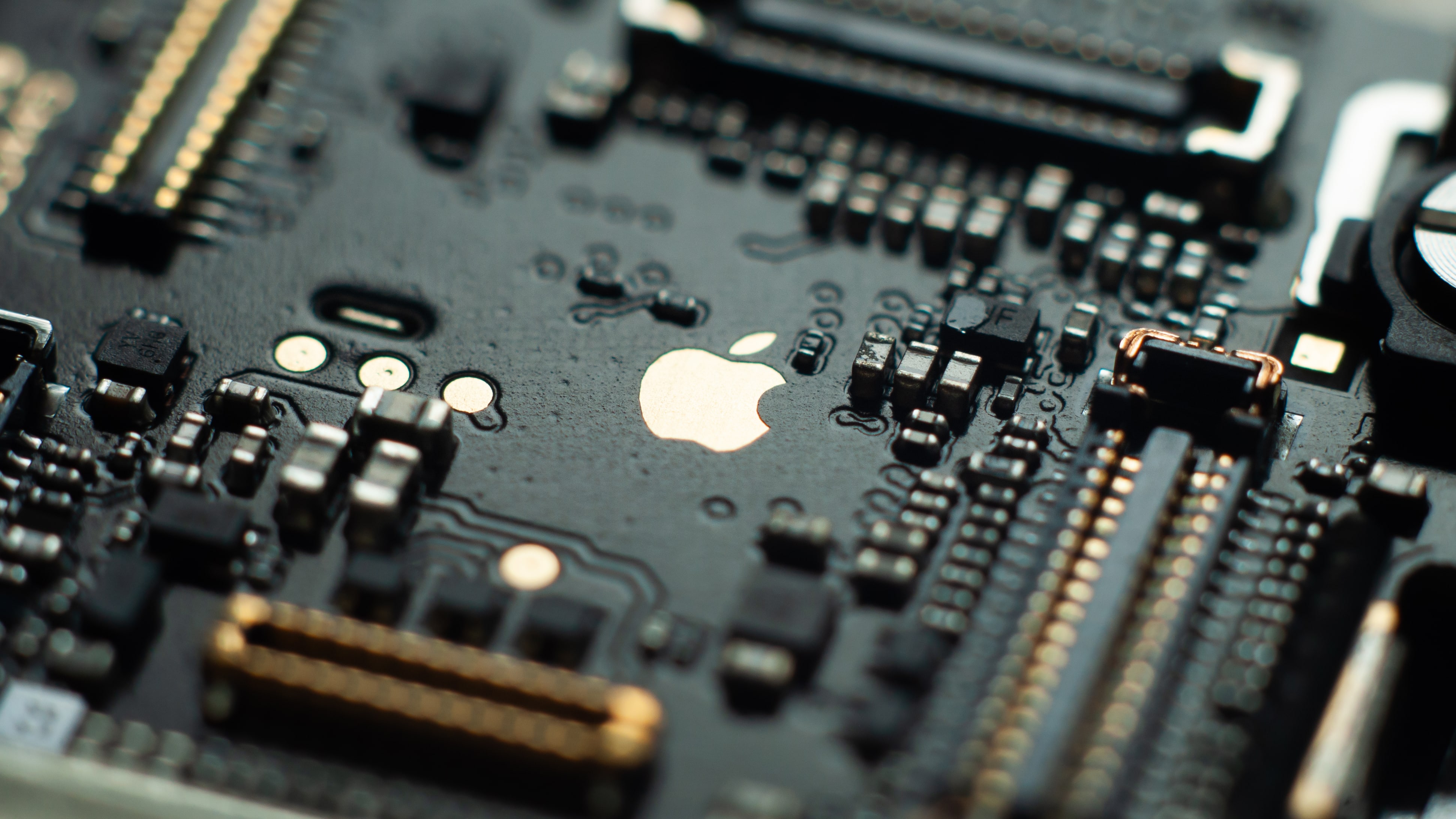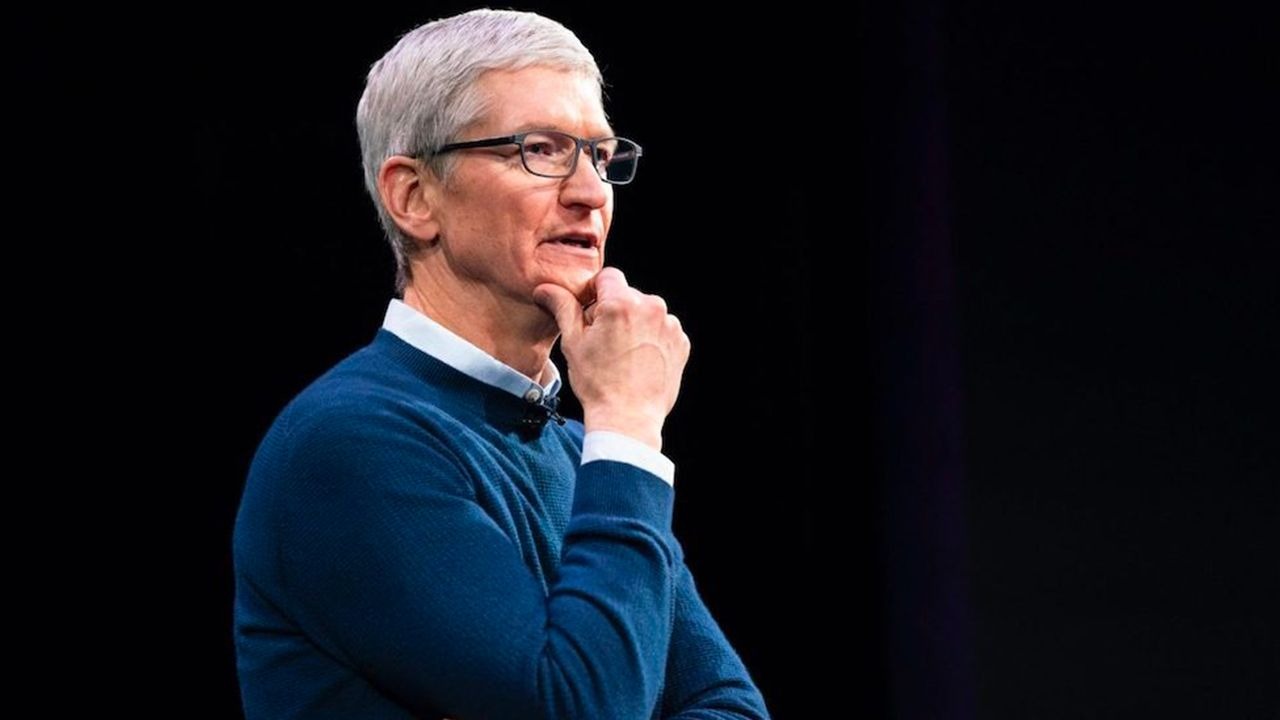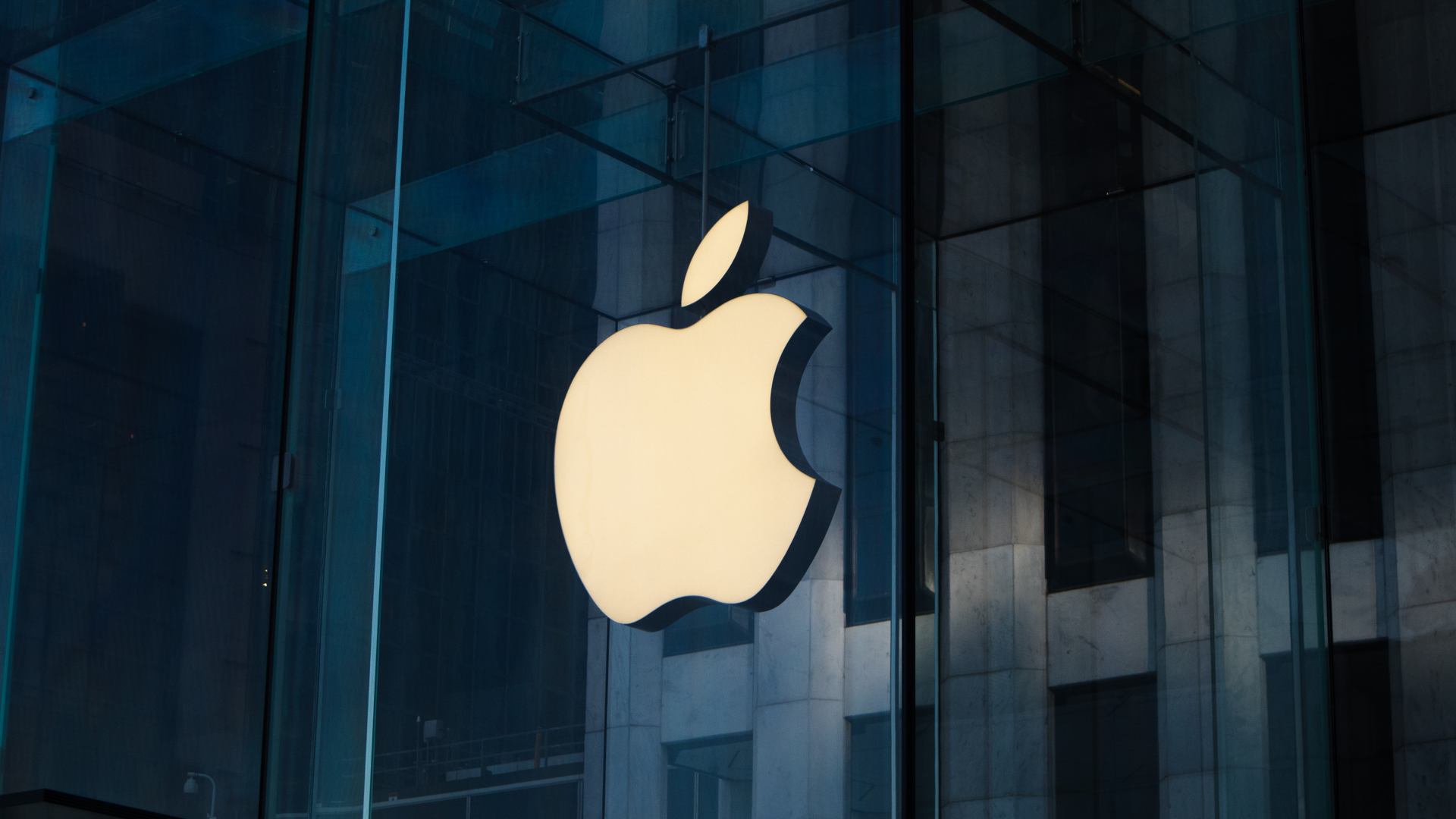
Earlier this week, Apple inked a new three-year deal with Qualcomm for the supply of iPhone-ready 5G modem chips; a sign that the iPhone 16 most definitely won’t feature any proprietary 5G components designed exclusively for iPhone.
5G modems are the critical components that allow devices to make calls and connect to the internet. Apple is racing to develop its own 5G modems in a bid to reduce reliance on expensive third-party manufacturers such as Qualcomm and to optimize future iPhone connectivity, but a new WSJ report sheds damning light on the company’s failure to do so on schedule.
Apple’s previous deal with Qualcomm ended this year, and the semiconductor company was assuming that Apple would use its own iPhone modems from 2024 onwards. However, according to the WSJ, Apple now isn’t expecting to produce its own usable 5G iPhone chips until late 2025, suggesting that we could be waiting until the iPhone 18 (yes, 18) for an iPhone with an Apple-made modem.
So, why the hold-up? By the sounds of things, Apple massively underestimated the complexity of the task at hand, and its kitchen sink recruitment strategy didn't accelerate the modem development process in quite the way it initially envisioned.

Apple purchased Intel’s entire modem division for $1 billion in 2020, but the Cupertino giant reportedly “found that employing the brute force of thousands of engineers – a strategy successful for designing the computer brain of its smartphones and laptops – wasn’t enough to quickly produce a superior modem chip.”
Modem chips are much more difficult to produce than processing chips because they need to work with 5G, 4G, 3G and 2G wireless networks seamlessly (since not every country has access to the same network standard). By comparison, the microprocessors used in iPhones run software designed for Apple products, exclusively.
The WSJ notes that Apple executives who didn’t have experience with wireless chips set tight timelines that weren’t realistic, and significant time was lost spent certifying ultimately unusable prototype versions of chips with wireless carriers worldwide.
Sign up for breaking news, reviews, opinion, top tech deals, and more.
“These delays indicate [that] Apple didn’t anticipate the complexity of the effort,” Serge Willenegger, a former Qualcomm executive who left the company in 2018, told WSJ. “Cellular is a monster.”
A totally self-reliant Apple?

Despite the dent to its 5G ambitions, Apple remains committed to bringing this and more of its manufacturing processes under one roof. Indeed, the company has a history of doing just that.
In 2010, for instance, Apple stopped using Samsung’s processors to power its newest iPhones – the iPhone 4 was the first to use a custom-made Apple chip – and the MacBook Air (M1, 2020) marked the first Apple laptop to ship without Intel hardware.
In an effort to reduce reliance on display component manufacturers such as Samsung and LG, Apple has also outlined plans to begin using proprietary displays in its new mobile devices from 2024 onwards.
Only a fool would bet against Apple achieving its in-house goals in the not-too-distant future, but it does seem as though 5G modems will be the last – and hardest – barrier for the company to hurdle.
More iPhone stories
- iPhone 15: everything you need to know
- iPhone 15 Plus: everything you need to know
- iPhone 15 Pro: everything you need to know
- iPhone 15 Pro Max: everything you need to know
- iPhone 15 deals: the best offers to look out for
- iPhone 15 USB-C: everything you need to know
- iPhone 15 Pro Max camera: 7 big upgrades
- 15 things we learned at Apple's September 2023 event

Axel is TechRadar's Phones Editor, reporting on everything from the latest Apple developments to newest AI breakthroughs as part of the site's Mobile Computing vertical. Having previously written for publications including Esquire and FourFourTwo, Axel is well-versed in the applications of technology beyond the desktop, and his coverage extends from general reporting and analysis to in-depth interviews and opinion.
Axel studied for a degree in English Literature at the University of Warwick before joining TechRadar in 2020, where he earned an NCTJ qualification as part of the company’s inaugural digital training scheme.